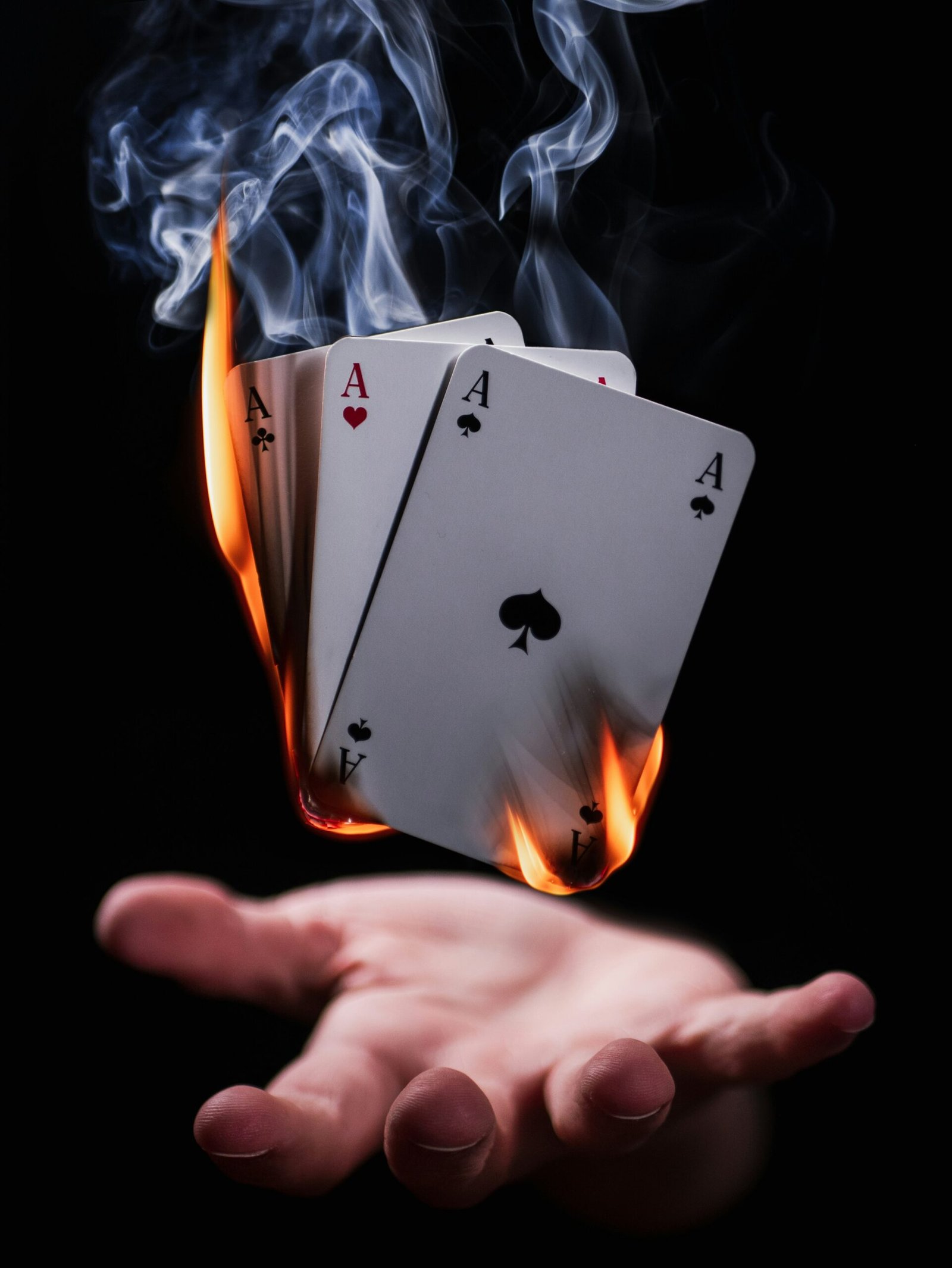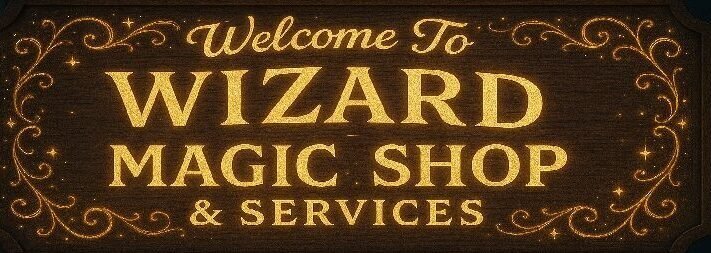Ethics in Magic: Balancing Deception and Secrets

Photo by <a href="https://unsplash.com/@juliusdrost" rel="nofollow">Julius Drost</a> on <a href="https://unsplash.com/?utm_source=hostinger&utm_medium=referral" rel="nofollow">Unsplash</a>
Ethics in Magic: The Debate Surrounding Deception and Secrets
Magic tricks have fascinated and entertained people for centuries. The art of illusion and deception has captivated audiences around the world. However, behind the wonder and awe, there lies a debate about the ethical considerations surrounding magic tricks. This article aims to explore the ethical implications of magic, particularly focusing on the use of deception and the potential harm caused by revealing secrets.
The Use of Deception
One of the fundamental aspects of magic is deception. Magicians use various techniques to create illusions that defy logic and reality. They manipulate the audience’s perception, making them believe in the impossible. While this deception is an essential part of the performance, it raises ethical questions.
Critics argue that using deception for entertainment purposes can be seen as dishonest and manipulative. They believe that audiences should be presented with the truth and that the use of deception undermines trust. However, proponents of magic argue that the deception is part of the agreement between the performer and the audience. The audience willingly suspends their disbelief and enters into a contract with the magician, knowing that they will be deceived for the sake of entertainment.
The Potential Harm of Revealing Secrets
Another ethical consideration in the world of magic is the potential harm caused by revealing secrets. Magicians spend years perfecting their craft and developing unique tricks. These secrets are closely guarded and are considered sacred within the magic community. However, with the rise of the internet and exposure to information, secrets are becoming increasingly vulnerable.
Some argue that revealing magic secrets can harm the art form itself. Once a trick is exposed, it loses its mystique and becomes just another puzzle to be solved. This can lead to a decline in audience interest and ultimately harm the livelihoods of magicians. Additionally, revealing secrets can also lead to copyright infringement and intellectual property theft, as magicians rely on their original creations to make a living.
On the other hand, there are those who believe that revealing secrets can be beneficial. They argue that exposing the methods behind magic tricks can demystify the art and encourage innovation. By understanding the mechanics behind a trick, aspiring magicians can build upon existing techniques and create new illusions. Furthermore, revealing secrets can also serve as a form of consumer protection, as it exposes fraudulent practices and prevents people from being deceived by charlatans.
The Balance between Entertainment and Ethics
Finding a balance between entertainment and ethics is a complex task for magicians. While the use of deception and the protection of secrets are inherent to the art form, it is essential for magicians to consider the impact of their performances on the audience and the magic community as a whole.
Magicians can navigate this ethical landscape by being transparent about their use of deception. By acknowledging that their performances are based on illusion and trickery, they can build trust with their audience. Additionally, magicians can also contribute to the preservation of the art by respecting the secrets of others and encouraging innovation within the magic community.
In conclusion, the ethics of magic tricks are a subject of debate. The use of deception and the potential harm caused by revealing secrets raise ethical considerations within the magic community. However, by being transparent and respectful, magicians can strike a balance between entertainment and ethics, ensuring that the wonder and awe of magic can continue to captivate audiences for generations to come.






